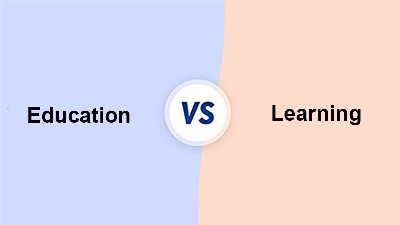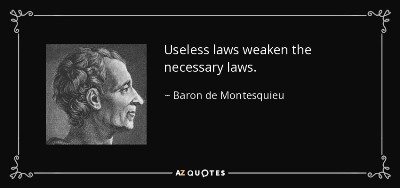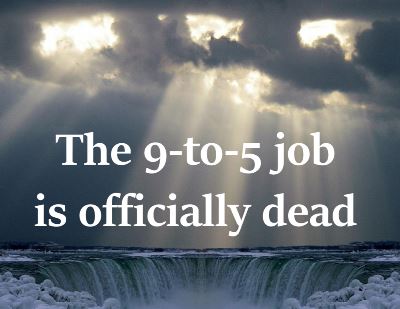In this Wired article ‘I Called Off My Wedding. The Internet Will Never Forget‘ we get reminded how internet can maintain memories of past events (even if they did not really happen at the end). And how this will impact the choices provided today by internet services.

“Of the thousands of memories I have stored on my devices—and in the cloud now—most are cloudless reminders of happier times. But some are painful, and when algorithms surface these images, my sense of time and place becomes warped. It’s been especially pronounced this year, for obvious and overlapping reasons. In order to move forward in a pandemic, most of us were supposed to go almost nowhere. Time became shapeless. And that turned us into sitting ducks for technology.”
Facebook memories, or advertisements for stuff we consumed years ago (I still see on my screens adverts for camper vans in New Zealand where we vacationed years ago…) are reminders that internet does not forget anything. And through AI those memories may emerge in the weirdest ways.
On the opposite, curiously, everything which happened before the advent of social networks (2005-2010 approximatively) does not exist in Internet memory, which creates a substantial gap.
The only exit from this situation is to delete it all, but that may not even be possible. We have to live knowing that the internet has in memory everything we posted and wrote all those years – and that some may come back to haunt us one day.











